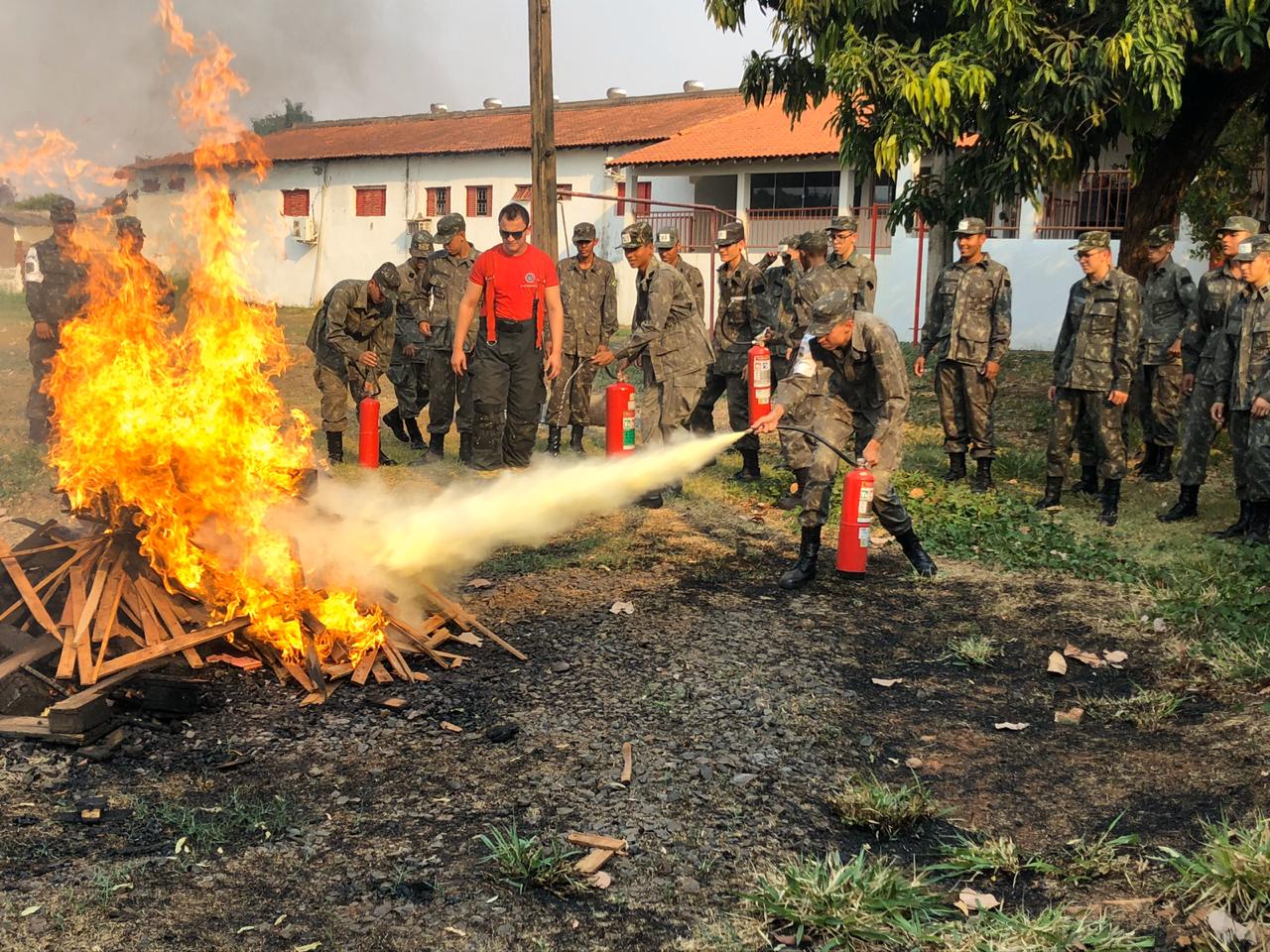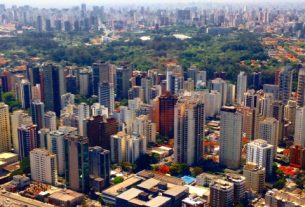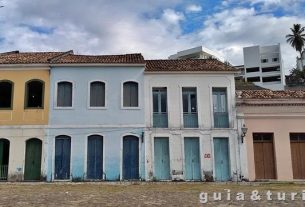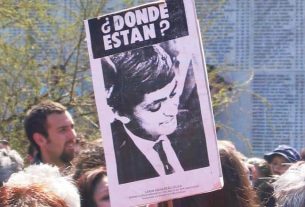When we have a problem, after asking our mother for help, the Fire Department is the first aid that comes to mind – 193 is the telephone number of the professionals who risk their own lives to save ours. During the coronavirus pandemic it is no different. So, today, let’s learn a little more about their work.
It is the story of Soldier Geraldo Corrêa da Rocha Neto, a miner from Caratinga and assigned to the 2nd Military Firefighter Platoon of Ituiutaba. In addition to working during the coronavirus pandemic, the firefighter was also present in the Brumadinho operation, searching for the victims of the country’s biggest environmental disaster.
Geraldo comes from a military family. His grandfather and uncle worked for the Military Police of Minas Gerais; his father is a Captain in the Brazilian Army. “I am the first firefighter in my family and I always wanted to follow a military career by example at home. My mother is a teacher and my only sister is a doctor in Brasília. A family that has always served society with love and gratitude.”
He started the Soldier Training Course, in Belo Horizonte, in 2017. “It was one of the best decisions of my entire life”, he says. The course lasted approximately 9 months. “The learning during this period is immeasurable, and I had the opportunity to meet exceptional firefighters, both in technical knowledge and in their vision of humanity. True examples in our institution.”
After completing the course, Geraldo was transferred to Ituiutaba – the change of city was nothing new for him. “Because my father was an Army Aviation soldier, our family lived in several cities in our country: Juiz de Fora – MG, Guaratinguetá-SP, Taubaté-SP, Manaus-AM and Brasília-DF. We also spent two years living in Angola, on the African continent, in a diplomatic role for the Brazilian Army, returning again to Brasília”.
Today, his platoon serves 11 cities in the Pontal do Triângulo Mineiro region: Ituiutaba, Araporã, Cachoeira Dourada, Canápolis, Capinópolis, Centralina, Gurinhatã, Ipiaçu, Monte Alegre, Prata and Santa Vitória. “Ituiutaba has been of great importance for my professional and personal growth. The 2nd Fire Platoon became my second home, a source of great satisfaction for me and all the soldiers who work here.”
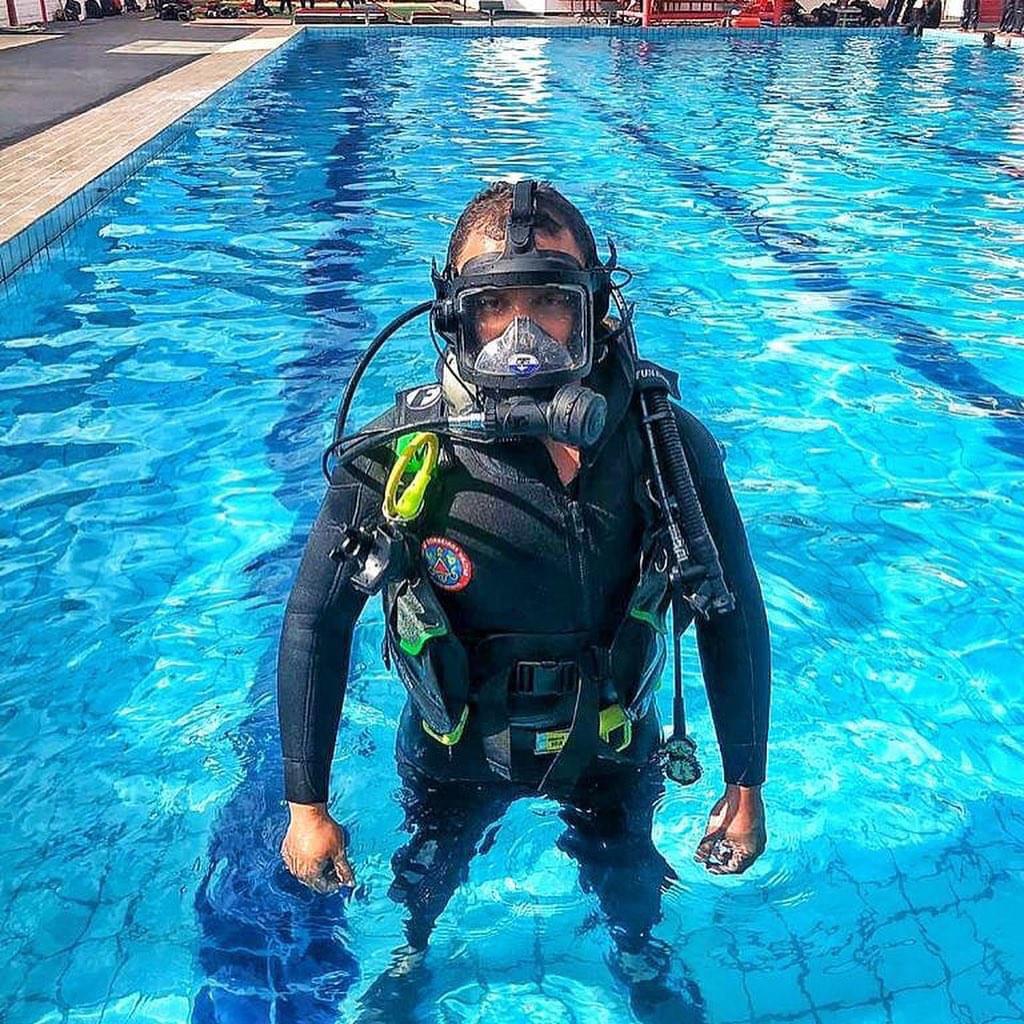
The diving course and the opportunity to say a final goodbye to grieving families
After many classes, a lot of physical and mental exhaustion, Geraldo specialized in diving. “I feel honored to be a diving instructor at CBMMG, even though I am a soldier. Our institution values military personnel committed to service, regardless of rank and degree.”
“Today, I know that learning will be part of my entire career, because with each incident attended to, the experience increases. There are no similar events, each one has its own peculiarity and we need to be prepared for everything and at any time”.
He says that many people have asked why firefighters risk scuba diving to rescue a lifeless body after drowning.
For him, the answer to this question is complex.
“Life is a cycle. It has a beginning, middle and end. The end of life is marked by the victim’s burial, where friends and family can mourn. When the family does not have the opportunity to bury their loved one, it is a wound that remains open and has several consequences. It is for this reason that we take the risk of scuba diving, so that we can bring comfort, solace, respect and dignity to a family who just wants to bury their loved one. It is for this reason that we continue our searches in Brumadinho, for the bodies that remain missing, to support the families who had their loved ones taken away by the dam collapse.”
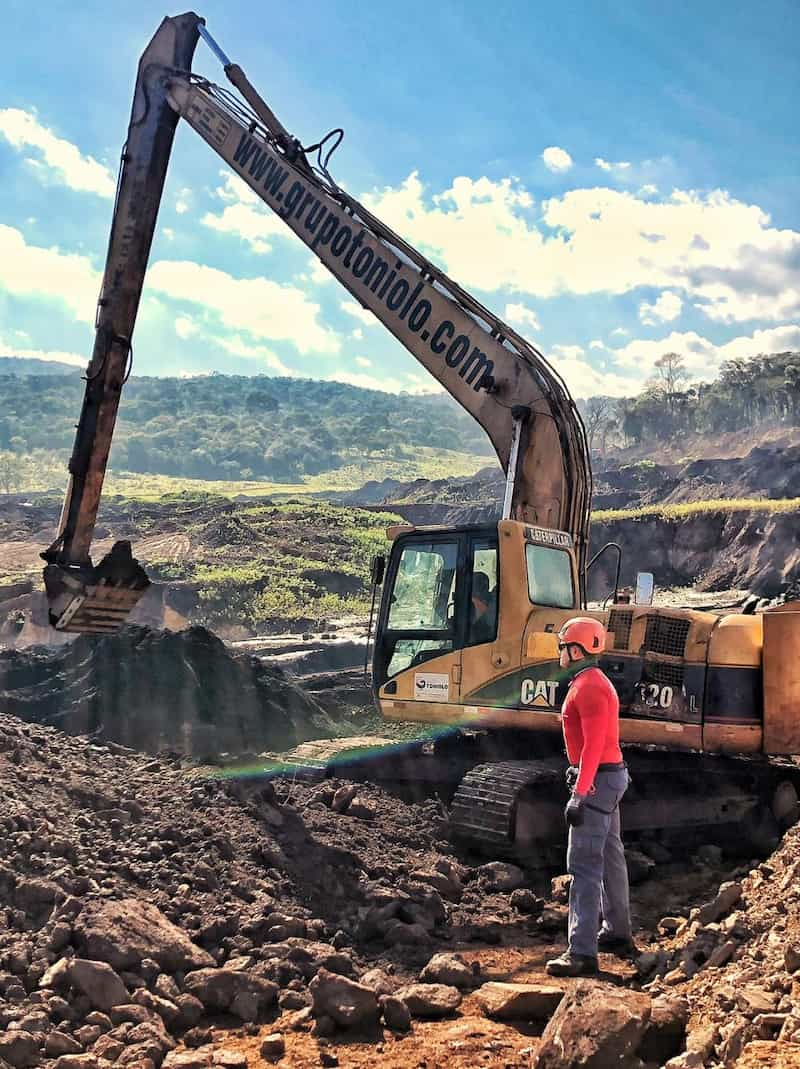
Performance in searches for bodies in Brumadinho
“I volunteered to carry out searches in Brumadinho from the first day of the accident and had the opportunity to work there for 7 days straight. The catastrophic scenario in which we work made us reflect on several things in our lives and careers. We work in the middle of a sea of mud, which could contaminate us with heavy metals resulting from exposure to mining waste. We all knew the risks, but our mission is bigger than that. Several families had all their hope placed in us, Military Firefighters, to find their loved ones missing in this tragedy.”
During rescues, due to the risk of contamination, the maximum period worked is 7 consecutive days until the team changes. “I was in Brumadinho after Mother’s Day, when there was a tribute to the victims and families of this accident. We heard reports of mothers who had their children missing, tearfully hugging the firefighters, asking them to find their loved ones.”
Brumadinho was the biggest environmental disaster in the country, which made the operation the biggest search and rescue in Brazil, also having the support of several states and even other countries.
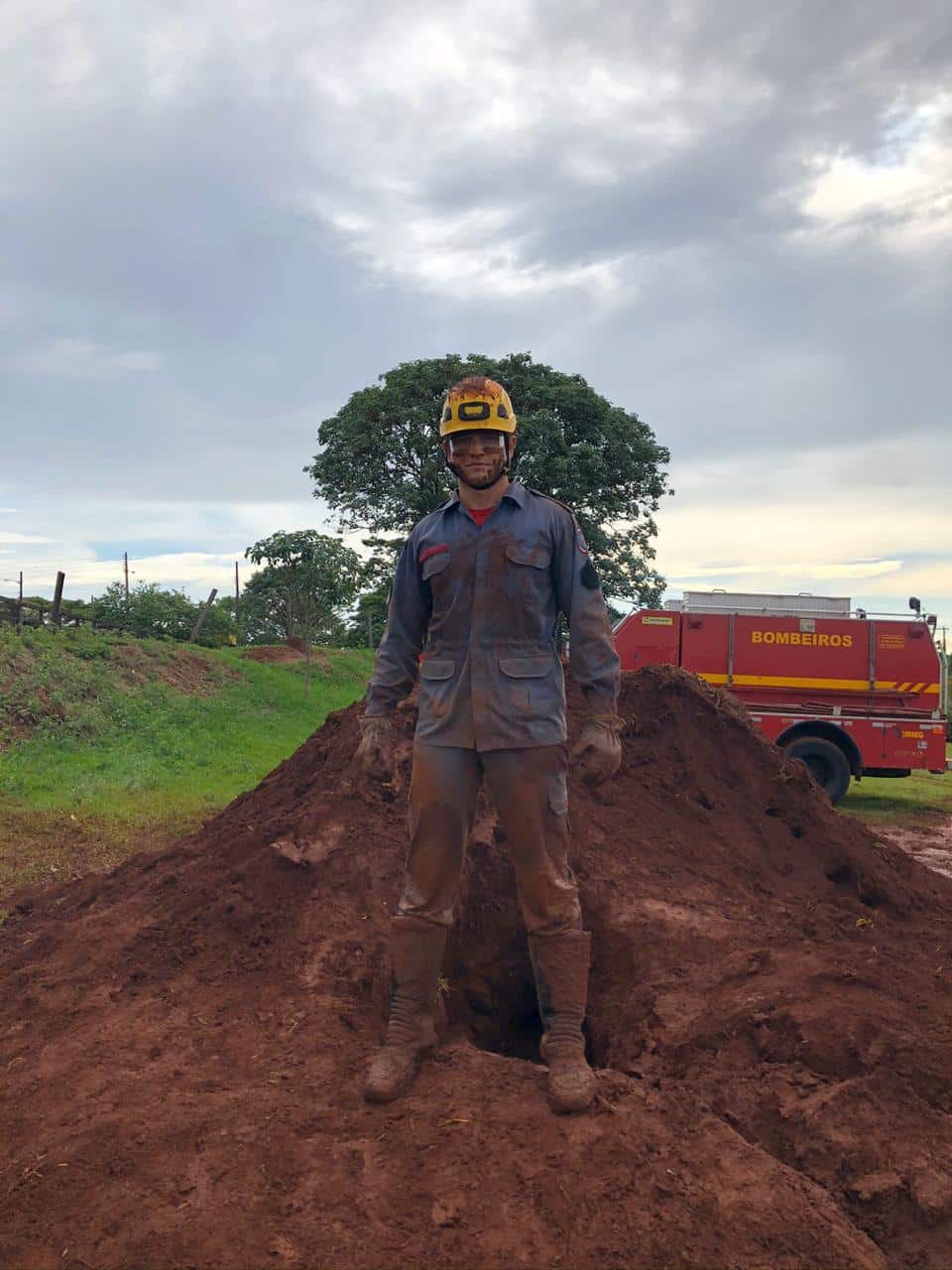
“We, firefighters, do not work based on statistics. Just because a certain event happens a few times does not mean we will train for it a few times. On the contrary, we need to always be ready for any and all events, as we don’t know what awaits us. Brumadinho was another sign of that.”
The firefighters were the first to arrive at the scene of the tragedy, and managed to rescue several people still alive – and they only wanted to leave after handing over all the bodies to their families. However, after more than a year of operation, another occurrence caused the searches to be suspended: the coronavirus pandemic.
“We remained in place for 422 uninterrupted days, with 3,618 soldiers, accounting for 270 victims during this period. And, with the same bravery and commitment, we still plan to recover the 11 jewels that are still missing.”
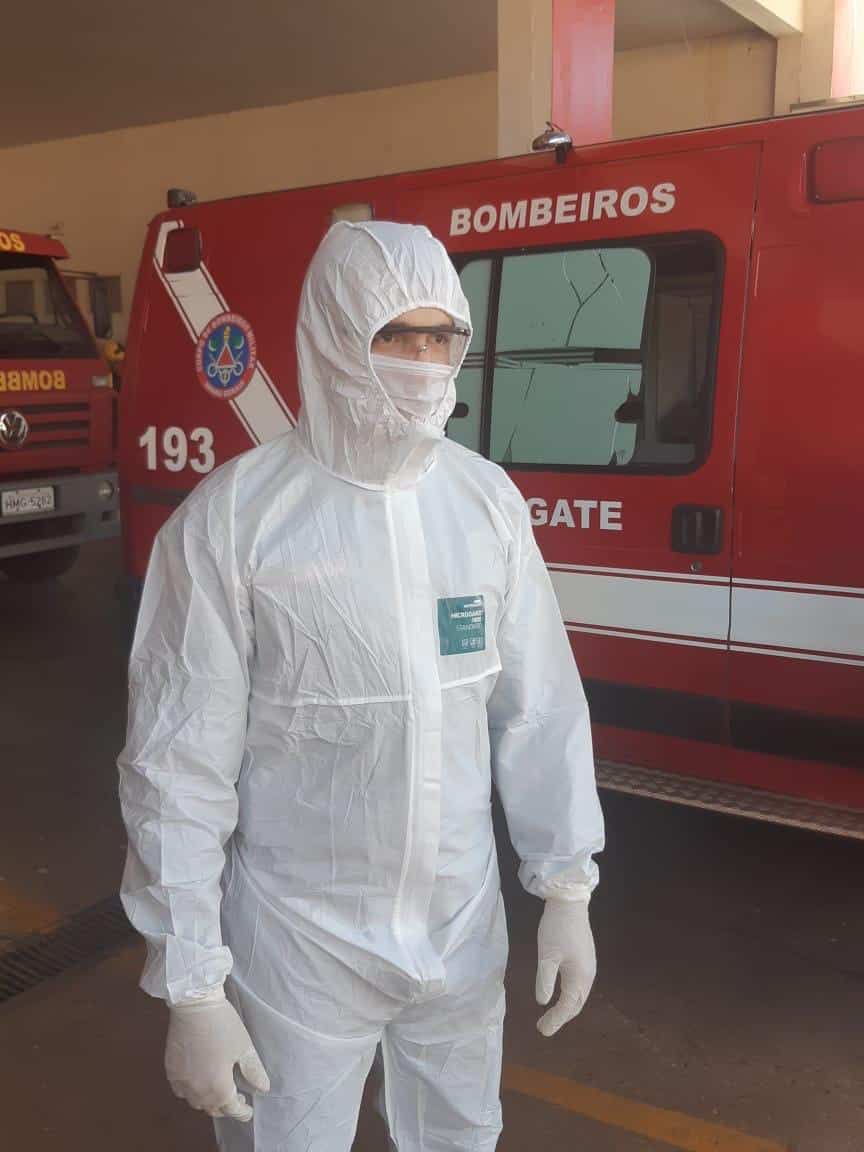
The Fire Department and the coronavirus
The Minas Gerais Fire Department has been carrying out training in the battalions, to instruct the military in how to combat Covid-19. The last of them, with the aim of preparing municipal bodies to disinfect environments with large concentrations of people.
CBMMG has also been assisting in the construction and assembly process of the space where the Belo Horizonte Field Hospital will be located. The location, which is located in the Exhibition Center of the capital of Minas Gerais, will house 768 beds for Covid-19 patients and is intended to be an alternative if the health system is overloaded.
They are the reference in managing complex incidents and will work together with the Government and the Military Police in structuring, logistical support and preventing fires and panic. The expectation is that the structure will be operational by the end of this month.
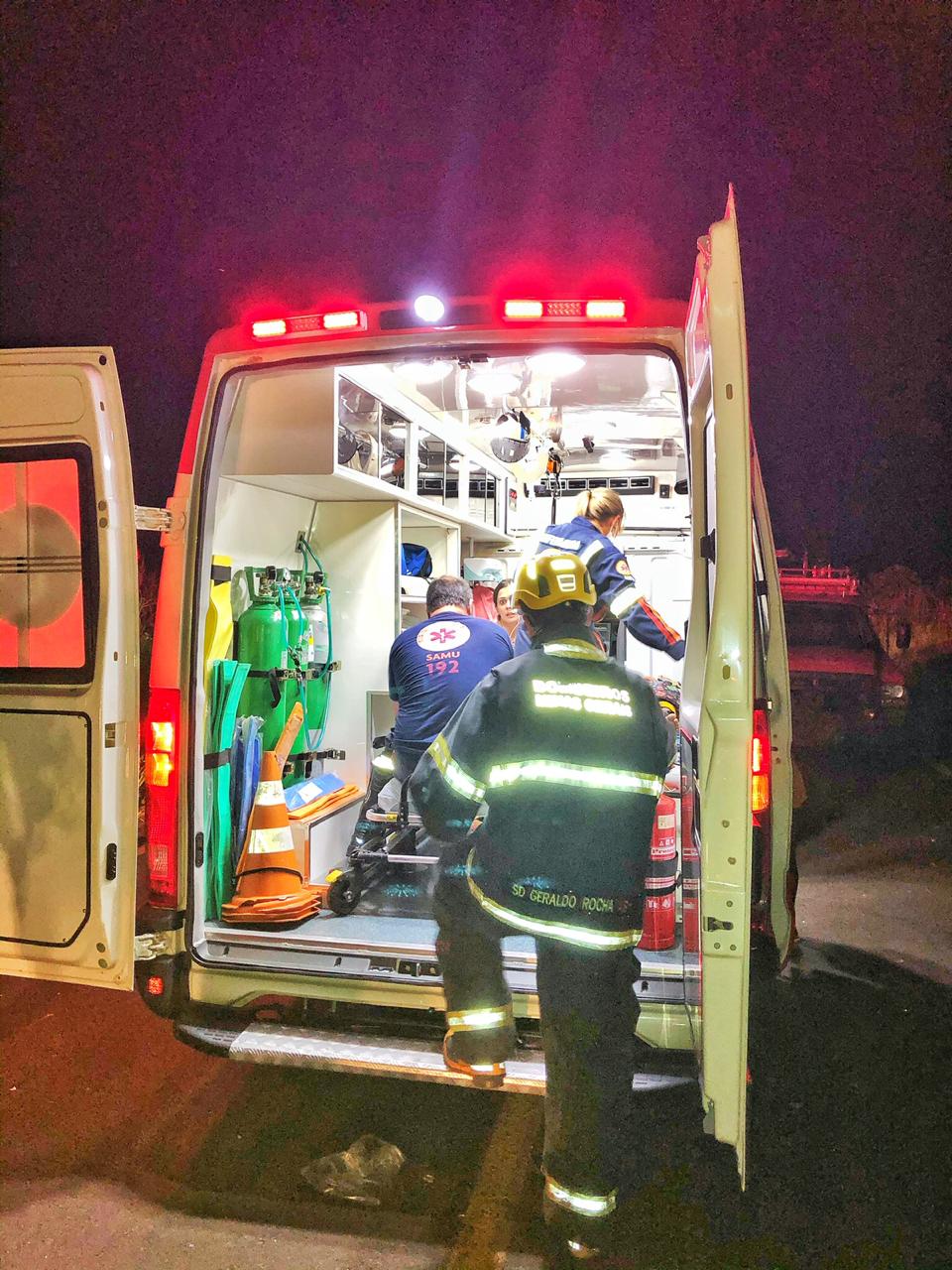
“The moment is now one of great danger and requires special care, not only in Minas Gerais, but throughout the world. The virus that is spreading across the planet requires social isolation, which is the most effective measure for prevention. On our days off, we must follow the same restrictions as society in general: avoid leaving the house; we should not attend crowds; avoid contact with the risk group. However, our activity is essential to society, and that is why we continue our mission to save and protect those who need it.”
For him, the concern now is with the collective, both with society in general and with family members. “We do not want to expose anyone to risk by having contact with us, much less do we want to be contaminated by having contact with events involving the virus. Therefore, we strictly follow the protocols established by our corporation, with the correct use of Personal Protective Equipment – appropriate PPE, hygiene and decontamination of vehicles and the barracks themselves”.
Geraldo asks that the population stay at home, so that those who really need to be on the streets can do a good job. “We are not superheroes, as some think. We are ordinary people with a heart willing to save and protect anyone in need. We want society to know that they can always count on us, in any situation, every day of the week, 24 hours a day.”
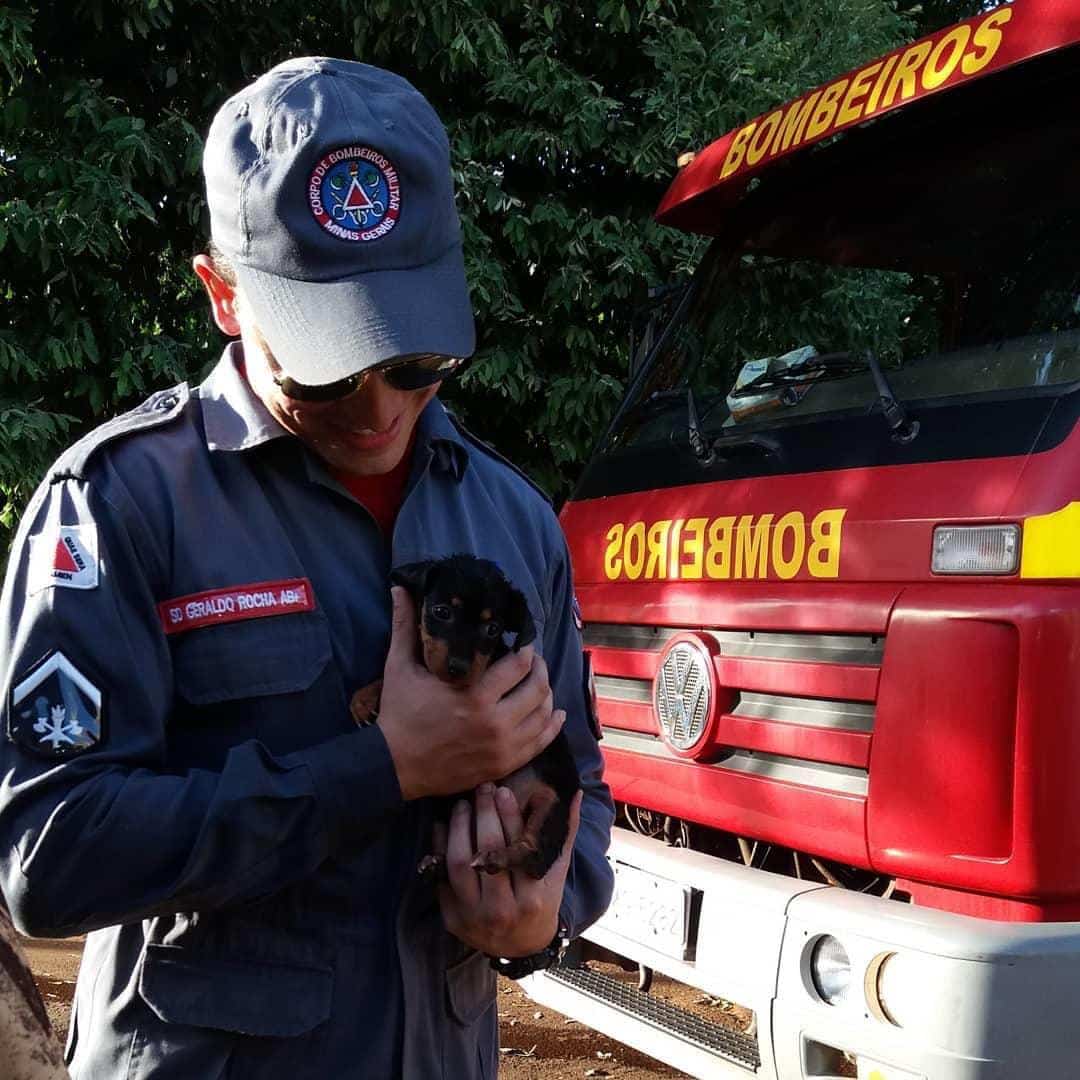
Some notable occurrences in a firefighter’s career
We asked Geraldo to tell us some more incidents that marked his life:
“We were called to rescue a dog trapped in the water pipe. Upon arriving at the scene, we found the applicant, who was a teenager, and his brother, who was a child, very distressed by the situation.
The 40-day-old puppy ended up entering the water pipe and was unable to get out, getting stuck approximately seven meters inside the pipe, which was also connected to the water pipe of the neighboring house. When we managed to remove the dog, she already had no pulse and was not breathing. The applicants began to cry, feeling guilty for allowing such a situation.
Sergeant Paiva, who was the head of our garrison, asked me to begin Cardiopulmonary Resuscitation (CPR) procedures on the animal. However, I had not learned how to perform the CPR procedure on animals, nor had I even heard of this possibility, but we started anyway.
Using the cycles for a newborn, we performed cardiac compressions with just two fingers, and for ventilations, we improvised with a piece of cut hose. After compressions and after mouth-to-mouth resuscitation with the drowned dog, the animal showed vital signs again, opening its eyes to the applicants, who cried with joy at having their pet back.
This incident taught me that it is often necessary to use creativity in our activities, and that we need to always be prepared for any and all situations, doing everything in our power to save and protect lives.”
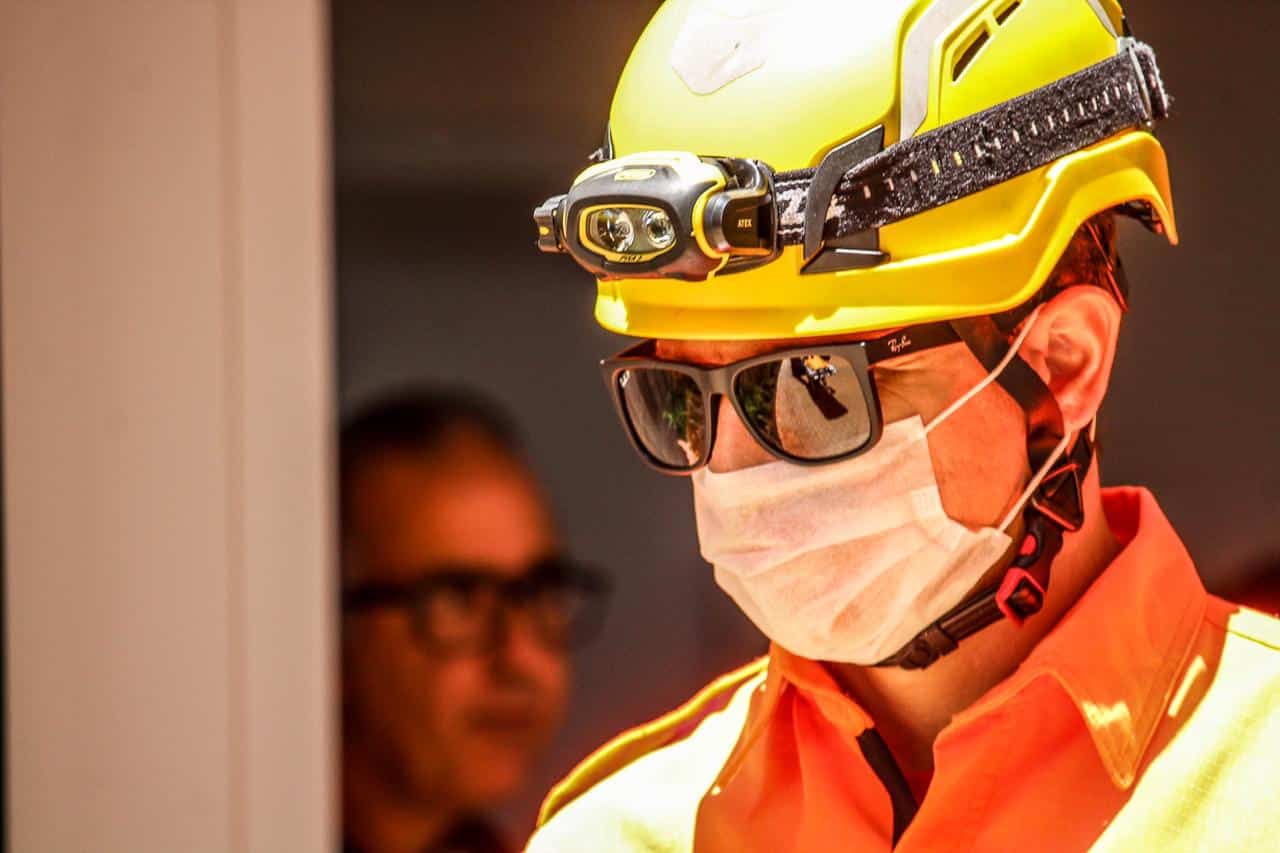
-
Over the phone, firefighter saves choking child
“I was as a radio operator, from 2 am to 4 am, when I answered a desperate call from a mother crying because of her newborn daughter, 2 months old, who was choking.
This was an emergency situation that required action as soon as possible to save the baby’s life and avoid any consequences due to lack of air. Over the phone, I tried to calm the mother and her husband, giving the necessary recommendations for the choking procedure to be carried out. After a few seconds of the phone call, I could hear Maria Cecília crying, after being choking, and also her parents crying with joy and relief on the phone.
A few days after the incident, I went to visit the newborn and meet her family. Blessed family and with a grateful heart to the firefighters for their support in the time of emergency in which they found themselves.
This incident showed me that there are several ways to help save lives, even over the phone, and how important it is to know our life-saving protocols in depth, as we don’t know when and how it will be necessary to use them.
The Voices
Vozes is a special newsletter, sent every fortnight, where we tell stories of extraordinary people and projects, who use the world of travel to transform the world. From time to time the content is published here on the blog too, but if you always want to receive the texts, and first hand, subscribe to our newsletter. It’s free and you also get an ebook full of tips for planning your first trip abroad.
If you want to follow what we’ve already done:
Sign up for our newsletter

Sign up for our newsletter and stay up to date with exclusive news
that can transform your routine!
Warning: Undefined array key "title" in /home/storelat/public_html/wp-content/plugins/link-whisper-premium/templates/frontend/related-posts.php on line 12
Warning: Undefined array key "title_tag" in /home/storelat/public_html/wp-content/plugins/link-whisper-premium/templates/frontend/related-posts.php on line 13

